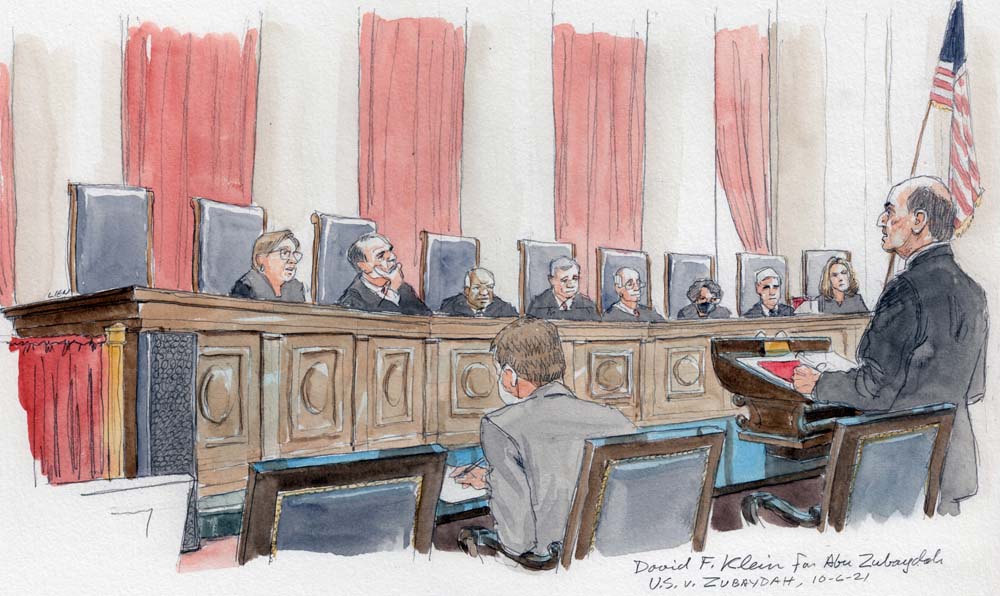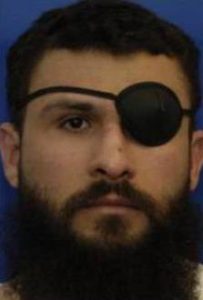Detainee can testify about his treatment at CIA black site, government tells justices


The Biden administration told the Supreme Court on Friday that a Palestinian man who has been in U.S. custody for nearly 20 years could provide testimony for use in a Polish criminal investigation into the man’s torture at a CIA “black site” in that country. However, Acting Solicitor General Brian Fletcher added, any testimony by Zayn Husayn, also known as Abu Zubaydah, would be subject to a national-security review, and it would not resolve the dispute over whether testimony by two CIA contractors who supervised the CIA’s torture program is protected by the “state secrets” privilege – the question at the center of United States v. Zubaydah, in which the justices heard oral argument on Oct. 6.

Fletcher submitted the letter to the court in response to a request from the justices during the argument. Justice Stephen Breyer initially broached the possibility of having Abu Zubaydah, who was mistakenly believed to be a high-level member of al-Qaeda when he was captured in Pakistan in 2002, testify about his treatment, which was so severe that it resulted in permanent brain damage and the loss of his left eye. Abu Zubaydah’s lawyer, David Klein, told Breyer that his client is being held incommunicado at Guantanamo Bay. Justice Neil Gorsuch returned to the topic more directly a few minutes later, asking Fletcher whether the government would make Abu Zubaydah available to testify. Justice Sonia Sotomayor seconded the request, and Fletcher promised to respond.
In the three-page letter, Fletcher noted that the federal government had previously rejected a request from Polish prosecutors to allow Abu Zubaydah to testify, but he wrote that the government would now allow Abu Zubaydah, “upon his request, to send a declaration that could then be transmitted to the Polish investigation.” And although that declaration could describe “his treatment while in CIA custody,” Fletcher cautioned that, like other communications from Guantanamo Bay detainees, Abu Zubaydah’s declaration would be subject to a security review that could redact any “information that could prejudice the security interests of the United States.” “That national-security judgment,” Fletcher stressed, “is necessarily context-specific, and the scope of the necessary redactions would thus depend on the content of the declaration.”
This article was originally published at Howe on the Court.
Posted in Merits Cases
Cases: United States v. Zubaydah
